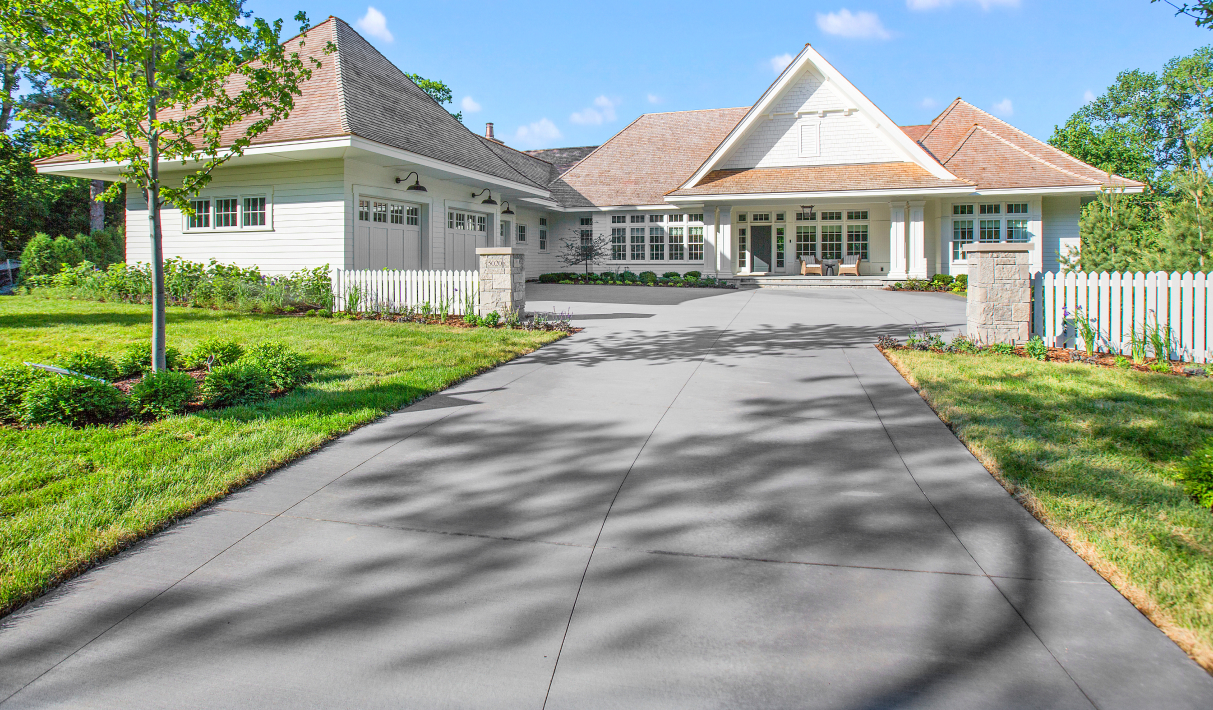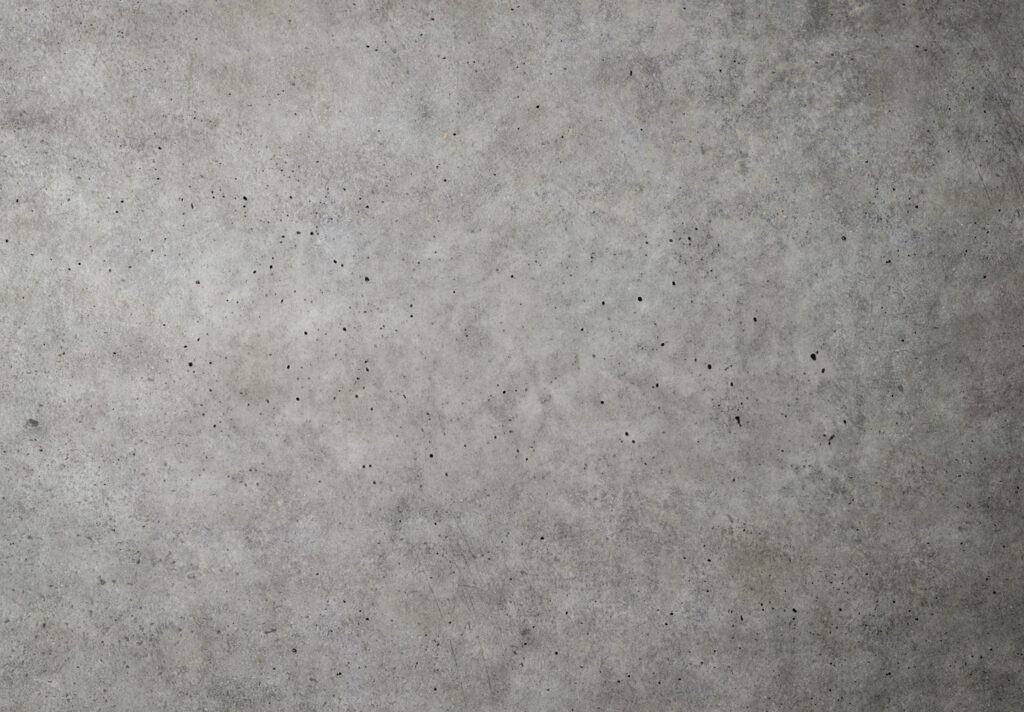Our residential concrete services enhance the functionality, beauty, and value of homes.
These services encompass a wide range of applications, from foundational work to decorative elements. Common residential concrete projects include foundations, driveways, walkways, patios, pool decks and retaining walls.
The caliber of residential concrete work significantly impacts both the immediate appearance and long-term durability of a property. Properly installed concrete surfaces can withstand heavy use, extreme weather conditions, and the test of time when maintained correctly. Modern techniques and materials have expanded the possibilities of concrete design, allowing homeowners to choose from various colors, textures, and finishes to complement their home’s architecture and landscaping.
When considering residential concrete services, it’s essential for homeowners to work with experienced and licensed contractors who understand local building codes and climate considerations. These professionals can provide valuable insights into design options, material selection, and maintenance requirements, ensuring that the finished product meets both aesthetic desires and practical needs. Additionally, they can address potential issues such as proper drainage, reinforcement, and curing processes, which are critical for the longevity and performance of concrete installations. HRM works with these contractors to give our residential clients the best possible outcome.

Growth and Innovation
The residential concrete industry has experienced significant growth and innovation in recent years, driven by increasing demand for durable, low-maintenance, and aesthetically pleasing home improvements. The industry has benefited from advancements in concrete technology, which have introduced stronger, more versatile and environmentally friendly products.
One of the key trends shaping the residential concrete industry is the growing interest in decorative concrete solutions. Homeowners are increasingly viewing concrete not just as a functional material but as a design element that can enhance their property’s curb appeal and outdoor living spaces.
Techniques such as stamping, staining, and polishing have opened new possibilities for customization, allowing concrete to mimic the appearance of more expensive materials like stone, tile, or wood. Your HRM Concrete project manager will work with your general contractor and finisher to meet the needs of your project.
Sustainability
Sustainability has also become a significant focus in the residential concrete sector. Manufacturers and contractors are developing and implementing eco-friendly practices, such as using recycled materials in concrete mixes, reducing water usage and improving energy efficiency in production processes.
We needed a reliable partner to give us the best foundation for our new home. HRM exceeded our expectations. Thank you HRM Concrete!
Erin Knight, Baton Rouge
Frequently Asked Questions
-
How long does it take for newly poured concrete to cure?
Each project is unique, but 28 days is the standard curing time for newly poured concrete. There are design techniques that can speed up this process, depending on the needs of the project. Work with your HRM Concrete project manager to review your options.
-
Can concrete be poured in cold weather?
Yes, concrete can be poured in cold weather, but special precautions must be taken. Contractors have several options to ensure proper curing and will assess weather conditions for each individual project.
-
How do I maintain my concrete driveway or patio?
Regular maintenance includes cleaning with a pressure washer or stiff brush and mild detergent, working with your contractor to seal every 2-3 years to protect from stains and weather damage, and promptly addressing any cracks or chips.
-
What’s the difference between stamped and stained concrete?
Stamped concrete involves imprinting patterns or textures into freshly poured concrete to mimic other materials like brick, stone, or wood. Stained concrete uses acid-based or water-based stains to add color to existing concrete surfaces. Both methods can be used to enhance the appearance of concrete, but stamping adds texture while staining primarily changes color. Work with your general contractor to discuss stamped and stained concrete options.
-
How much does it cost to install a concrete patio?
The cost of a concrete patio can vary widely depending on size, design complexity and location. On average, a basic concrete patio might cost between $6 to $12 per square foot, while more elaborate designs with stamping or staining could range from $12 to $20 or more per square foot.

Let’s Work Together
HRM Concrete brings decades of expertise and a commitment to excellence to every residential concrete project, ensuring stunning results that stand the test of time. With our innovative designs, superior craftsmanship, and dedication to customer satisfaction, we transform ordinary spaces into extraordinary concrete masterpieces that enhance both the beauty and value of your home.